THE WICKED PROBLEM OF PERSONALIZED LEARNING: A SURVEY
 Personalized Learning is an answer to the diverse needs, prior knowledge, interest, and skill of individual students. It is a customized and flexible approach to student learning in which students learn according to their own pace, making choices about their own learning, and adapting the material according to each student’s needs. However, several complexities make the prospect of implementing personalized learning seem impossible. Succinctly, personalizing learning would require that students have varying paces through the content, customized assignments, competency-based grading, more flexible workspaces, and technology-assisted tools for workflow and student learning.
Personalized Learning is an answer to the diverse needs, prior knowledge, interest, and skill of individual students. It is a customized and flexible approach to student learning in which students learn according to their own pace, making choices about their own learning, and adapting the material according to each student’s needs. However, several complexities make the prospect of implementing personalized learning seem impossible. Succinctly, personalizing learning would require that students have varying paces through the content, customized assignments, competency-based grading, more flexible workspaces, and technology-assisted tools for workflow and student learning.
As a possible solution, I and my team propose that schools redesign their work spaces and classrooms for flexible collaborative work (“makerspaces”) through which students may collaborate and create. We propose that students use an LMS (learning management system) like Canvas, D2L, or Schoology in a 1:1 laptop/tablet environment. We propose that student learning shift to student-centered and project-based, focused on competency and skill. Finally, (and perhaps most controversially) we suggest that classes shift from grade and age centered, to classes filled with students from all levels in the same discipline. For example, students in a Spanish class would be a mix of levels 1-4, advancing through the material at their own pace independent of the academic year. A student who works quickly may progress into level 2 while in the same academic year according to their own pace and needs.
I and my team have crafted a survey to address this complex problem as part of a study in my graduate program in educational technology at Michigan State University. I also hope that the results will inform discussions and planning for technology integration in the work we do together, and with students.
Please consider answering this short survey about Personalized Learning and our possible solution in your professional context. There are 14 questions. It should take you about 2 minutes to answer them.

